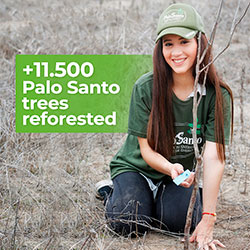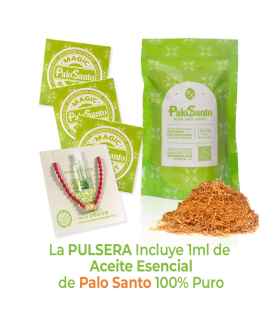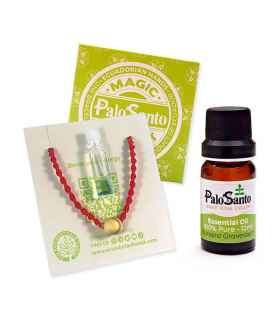Eco ivory tagua bead, special and funny shapes. bead jewellry. many colors and sizes. complete beads jewelry supplies.
Read moreShow less
Click for more products.
No products were found.
-
$229.99 (tax incl.)Genuine Panama Hat (Montecristi), HandWoven, 100% EcoFriendly, 100% Toquilla Straw. You'll look gorgeus at any time wearing the best hat of the world! It keeps you cool and at the same time it provides comfort. It...
-
-
 $20.97 (tax incl.) $33.96NATURAL DIFFUSER! Smelling Palo Santo is like wearing an amulet or being a magnet for good things. Our Good Vibes Bracelet plant trees! Each bracelet includes 1 ml of palo santo 100% essential oil to recharge the...$19.98 (tax incl.)Revitalize your life with Palo Santo essential oil. Our Therapeutic Grade Oil is perfect for aromatherapy, it can act as a natural stimulant for peaceful sleep. It will promote a feeling of relaxation and balance...
$20.97 (tax incl.) $33.96NATURAL DIFFUSER! Smelling Palo Santo is like wearing an amulet or being a magnet for good things. Our Good Vibes Bracelet plant trees! Each bracelet includes 1 ml of palo santo 100% essential oil to recharge the...$19.98 (tax incl.)Revitalize your life with Palo Santo essential oil. Our Therapeutic Grade Oil is perfect for aromatherapy, it can act as a natural stimulant for peaceful sleep. It will promote a feeling of relaxation and balance...
-
-
-



![FEDORA Panama Hat [FREE SHIPPING] | EcuadorianHands](https://ecuadorianhands.com/16027-home_default/fedora-montecristi-panama-hat.jpg)

